What is Laser Therapy for Arthritis
Laser therapy for arthritis is a non-invasive, effective approach to managing joint pain and inflammation. By targeting specific areas with low-level lasers, the treatment stimulates cellular repair and enhances blood flow, reducing pain and improving mobility. The therapy’s benefits extend beyond pain relief, as it also aids in reducing swelling and stiffness, common symptoms of arthritis.
This form of therapy is ideal for those seeking an alternative to traditional treatments like medication or surgery, providing an option that promotes healing with minimal side effects. Laser therapy for joint pain offers a safe and efficient method to help arthritis patients regain control over their daily activities and improve their overall quality of life.
Key Parameters of Laser Treatment
Laser treatment for arthritis focuses on wavelength, dosage, and treatment duration. These parameters determine the depth and effectiveness of the therapy. Practitioners adjust these factors based on the patient’s condition and the severity of arthritis.
Properly calibrated laser therapy can optimise pain relief, reduce inflammation, and improve overall joint function in arthritis patients.
Is There Any Evidence That Laser Therapy Is Effective?
Research supports the effectiveness of laser therapy for arthritis. Studies show it reduces pain, improves joint mobility, and enhances the quality of life for arthritis patients.
Clinical trials indicate that consistent laser treatments can lead to significant improvements in arthritis symptoms. These findings suggest that laser therapy is a viable option for managing arthritis-related discomfort.
The Science Behind Laser Therapy for Arthritis
Laser therapy for arthritis works by emitting specific wavelengths of light that penetrate the skin and target damaged tissues. This process, known as photobiomodulation, stimulates cellular activity, promotes healing, and reduces inflammation.
The light energy enhances blood circulation, increasing oxygen and nutrient delivery to affected areas. Additionally, laser therapy reduces inflammation by modulating pro-inflammatory cytokines and promoting the release of endorphins, which naturally alleviate pain. The light energy triggers the production of nitric oxide, further enhancing circulation and reducing joint stiffness. These combined effects help improve joint mobility, flexibility, and overall function for arthritis patients.
Laser Therapy Techniques for Arthritis
Laser therapy for arthritis utilises various techniques to target pain, inflammation, and mobility issues by adjusting the wavelength, intensity, and duration of the laser. The two primary methods used are Low-Level Laser Therapy (LLLT) and High-Intensity Laser Therapy (HILT).
Low-Level Laser Therapy (LLLT)
Low-Level Laser Therapy (LLLT) involves using low-power lasers to treat arthritis by promoting cellular repair and reducing inflammation. The therapy targets affected areas with precise wavelengths of light, stimulating cellular activity without causing tissue damage. This non-invasive technique enhances blood circulation, reduces pain, and improves joint mobility over time.
LLLT is particularly effective for chronic arthritis conditions, as it offers gradual and sustainable relief through repeated sessions. Its safety and minimal side effects make it a popular choice for long-term arthritis management.
High-Intensity Laser Therapy (HILT)
High-Intensity Laser Therapy (HILT) employs high-energy lasers to treat arthritis, providing deep tissue penetration and immediate pain relief. HILT targets larger areas, making it effective for acute pain and severe arthritis symptoms. The therapy enhances cellular metabolism, promotes healing, and reduces inflammation by delivering concentrated light energy.
Practitioners carefully control the intensity and duration of HILT sessions to maximise benefits and minimise discomfort. This method suits patients needing rapid relief and can be combined with other therapies for comprehensive arthritis management.
Potential Benefits of Laser Therapy for Arthritis
Laser therapy is a non-invasive method to reduce discomfort and improve quality of life. This makes it an easy choice of care as the risks are minimised. The technique is designed to enhance blood circulation and stimulate cellular repair.
Arthritis laser treatment also supports long-term management of arthritis symptoms, with minimal side effects, making it suitable for regular use.
Pain Reduction
Laser therapy, when done regularly, reduces arthritis pain by emitting specific wavelengths of light that penetrate the skin and stimulate cellular activity. This process releases endorphins, which are natural painkillers, providing relief from discomfort.
The therapy also improves blood circulation, delivering oxygen and nutrients to affected areas, which is important for cell regeneration. Laser treatment for pain and inflammation helps alleviate chronic arthritis pain without the need for invasive procedures.
Inflammation Reduction
The process of photobiomodulation helps accelerate cellular repair and modulates the immune response, leading to decreased inflammation. Improved blood circulation delivers more oxygen and nutrients to the affected areas, accelerating the healing process. Regular sessions of laser therapy for arthritis can lead to long-term inflammation control, offering a more natural alternative to medication.
Improved Joint Function
Laser therapy for arthritis improves joint function in arthritis patients by stimulating cellular repair and enhancing blood circulation. The therapy targets damaged tissues with specific wavelengths of light, promoting healing and reducing inflammation.
As inflammation decreases and pain subsides, patients experience increased mobility and flexibility in affected joints. This improvement in joint function allows for greater ease in performing daily activities and contributes to a higher quality of life.
Effectiveness of Laser Therapy for Rheumatoid Arthritis (RA)
Laser therapy shows promise in treating Rheumatoid Arthritis (RA) by targeting inflammation and reducing joint pain. Studies indicate that laser therapy for arthritis can improve joint mobility and decrease morning stiffness in RA patients since the objective of laser therapy is to boost cellular repair and modulate the immune response.
In the case of RA, there is a need for a long-term treatment plan as the condition is chronic.
Comparing Laser Therapy with Other Treatments
Laser therapy offers a non-invasive alternative to traditional arthritis treatments, such as medication and surgery. Unlike medication, which may have side effects, laser treatment for arthritis provides targeted pain and inflammation relief with minimal risk.
It complements physical therapy by enhancing cellular repair and reducing inflammation, improving joint function. Compared to surgery, laser therapy for arthritis is less invasive and requires no recovery time, making it suitable for ongoing management of arthritis symptoms.
Medication and Physical Therapy
Medication and physical therapy are common treatments for arthritis as they complement each other. Medication can reduce pain and inflammation but may have side effects with long-term use. Physical therapy involves exercises and techniques to strengthen muscles, enhance joint function, and maintain mobility.
Laser therapy for arthritis complements medication by reducing inflammation naturally and supports physical therapy by promoting cellular repair and circulation. They have their own benefits and drawbacks, but when used in the right combination, they can reduce stress on the individual and offer a more positive recovery option in the long run.
Surgery and Lifestyle Modifications
Surgery and lifestyle modifications may be considered for severe cases to repair or replace damaged joints, but they involve risks and recovery time. Lifestyle modifications, such as exercise and diet changes, help manage weight and reduce strain on joints, improving overall health.
Laser therapy for arthritis offers a non-invasive alternative that supports these approaches by reducing pain and inflammation, enhancing mobility, and allowing patients to engage in physical activities more comfortably.
Is Laser Therapy Right for You?
Laser therapy may be suitable if you are seeking a non-invasive treatment for arthritis that reduces pain and inflammation. It is ideal for patients who want to avoid medication side effects or surgery.
Consult with a physiotherapist to determine if laser therapy fits your condition and symptoms. It works well alongside other treatments, such as physical therapy, to improve joint function and mobility. Regular sessions can provide sustained relief and enhance your quality of life.
What to Expect from a Session of Laser Therapy for Arthritis?
During your laser therapy for arthritis sessions, you can expect a comfortable experience with minimal discomfort. This section outlines what to anticipate before, during, and after your laser therapy treatment, ensuring you're fully prepared for a smooth and beneficial therapy process.
- Treatment Duration: Each laser therapy for arthritis session typically lasts between 10 and 20 minutes, depending on the area being treated. You can expect a quick, comfortable treatment that fits easily into your daily routine.
- Sensation During Treatment: Most patients report feeling little to no discomfort during the procedure. You may experience a mild warming sensation or a slight tingling as the laser targets the affected area, but it is generally painless.
- Frequency of Sessions: Depending on your condition, the number of sessions required will vary. Initially, you may need 2-3 sessions per week, with the frequency tapering off as symptoms improve. Your physiotherapist will determine the best treatment plan for your needs.
- Post-Treatment Experience: After the session, you can resume your daily activities immediately. There is no downtime or recovery period required, making laser therapy for arthritis an incredibly convenient option for arthritis management.
- Long-Term Benefits: While some patients experience immediate relief, the full benefits of laser therapy typically become more noticeable after several sessions. Over time, laser therapy for arthritis can reduce pain, decrease inflammation, and improve joint mobility, contributing to a better quality of life.
How to Prepare for Laser Therapy for Arthritis
Preparing for laser therapy for arthritis is simple and non-intrusive. There are no specific restrictions or invasive procedures required, but a few recommendations can help ensure the best results:
- Wear Comfortable Clothing: Since the treatment area will need to be accessible, wear loose, comfortable clothing that allows easy access to the affected joint.
- Hydrate Well: Drinking plenty of water before your session helps maintain optimal circulation and ensures your body is well-hydrated, aiding in the therapy’s effectiveness.
- Avoid Lotions or Ointments: It's recommended to avoid applying lotions, creams, or oils to the treatment area before the session, as they can interfere with the light's ability to penetrate the skin effectively.
- Consult with Your Physiotherapist: If you’re undergoing other treatments like physical therapy or medication for arthritis, be sure to discuss them with your physiotherapist. They can tailor the laser therapy to complement your existing treatment plan.
Why Choose Physiotattva for Effective Arthritis Relief and Laser Therapy Solutions?
Physiotattva physiotherapy clinic in Bangalore and Hyderabad offers personalised laser therapy for arthritis, designed to target pain, inflammation, and improve joint mobility.
Our team of skilled physiotherapists combines advanced laser technology with expert care to deliver optimal results. Patients receive comprehensive support, from initial assessment to ongoing treatment, ensuring the best possible outcomes.
Physiotattva's commitment to quality care and patient satisfaction makes it a trusted choice for managing arthritis symptoms. Experience improved joint health and pain relief with their specialised laser therapy for arthritis services, tailored specifically for your needs.
Don’t wait to start your recovery! Get in touch with Physiotattva for more details! Contact us at +91 89510 47001.




-Physiotherapy.webp)
-for-Shoulder-Pain-Relief.webp)
-for-Knee-Pain-Relief.webp)


-for-Back-Pain-Relief%20(1).webp)





.webp)










.webp)


.webp)
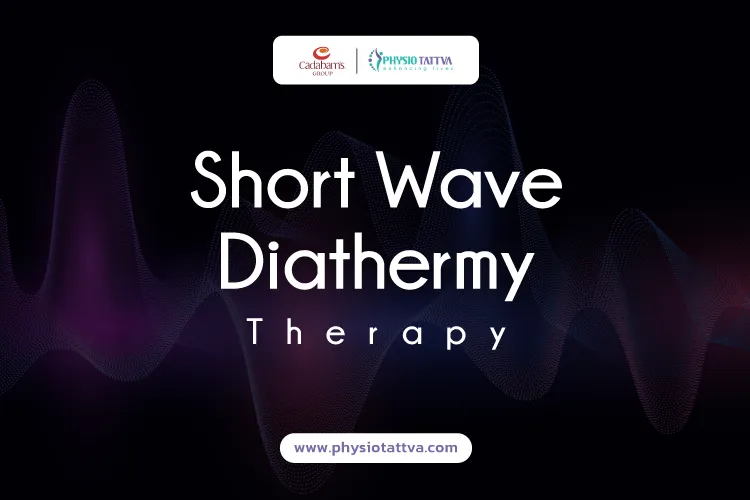
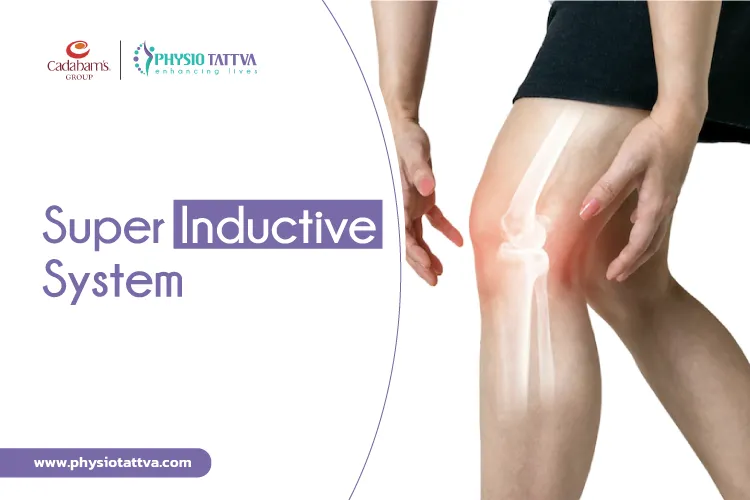
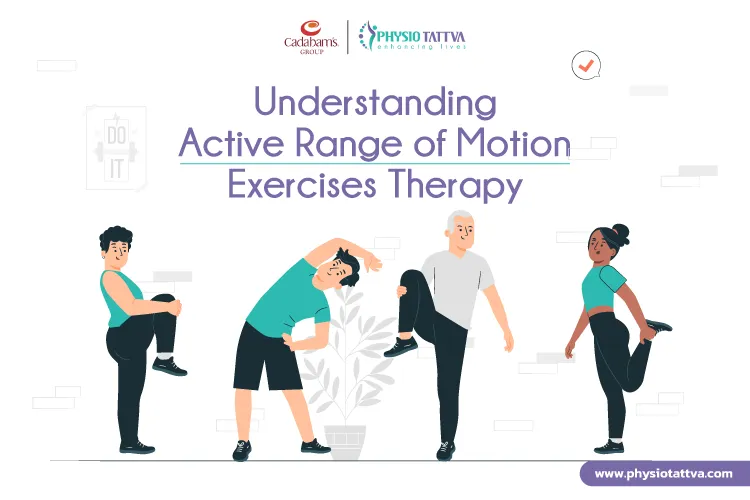
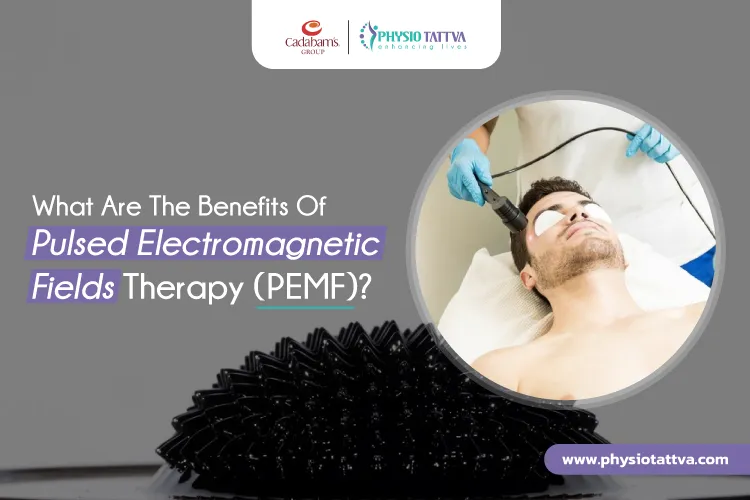

.webp)
.webp)


.webp)
.webp)

.webp)
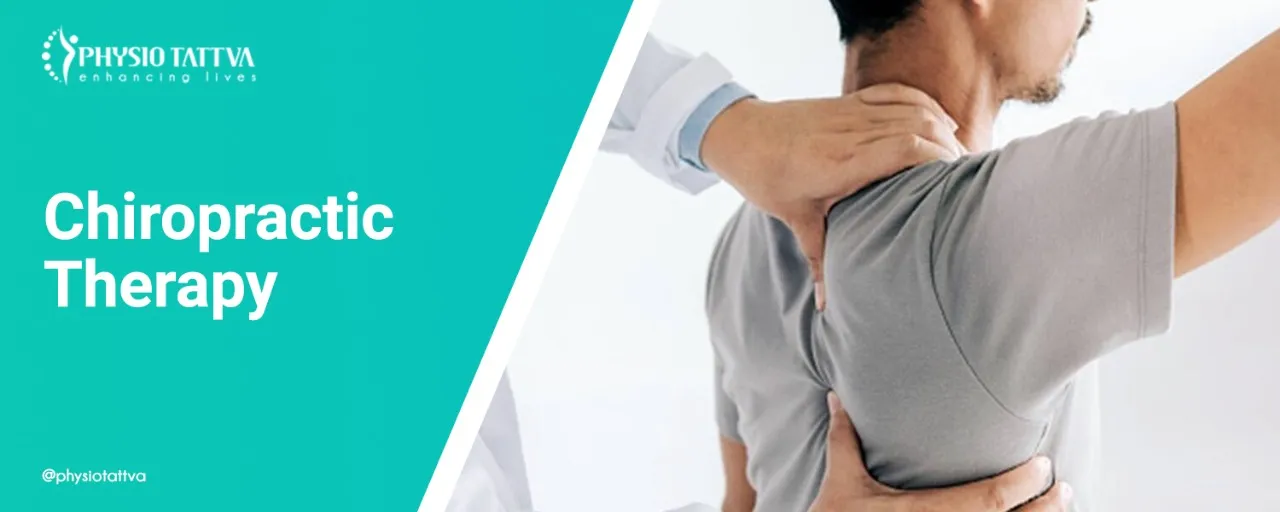
.webp)
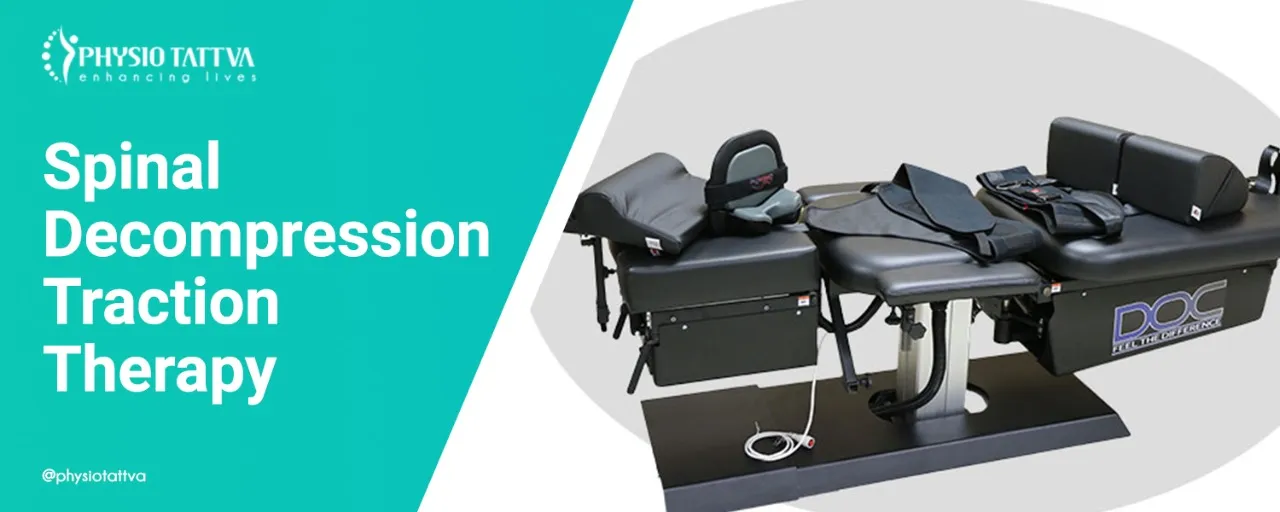
.webp)
.webp)
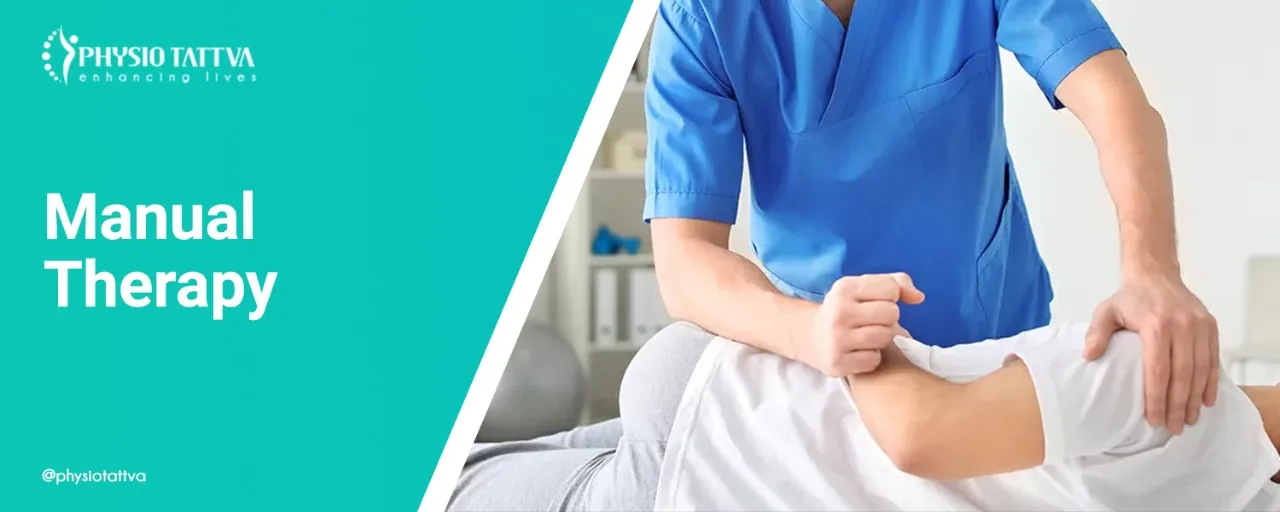
.webp)


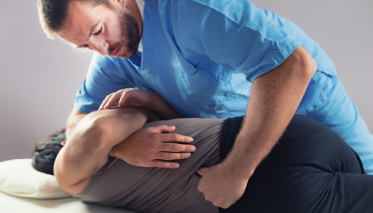

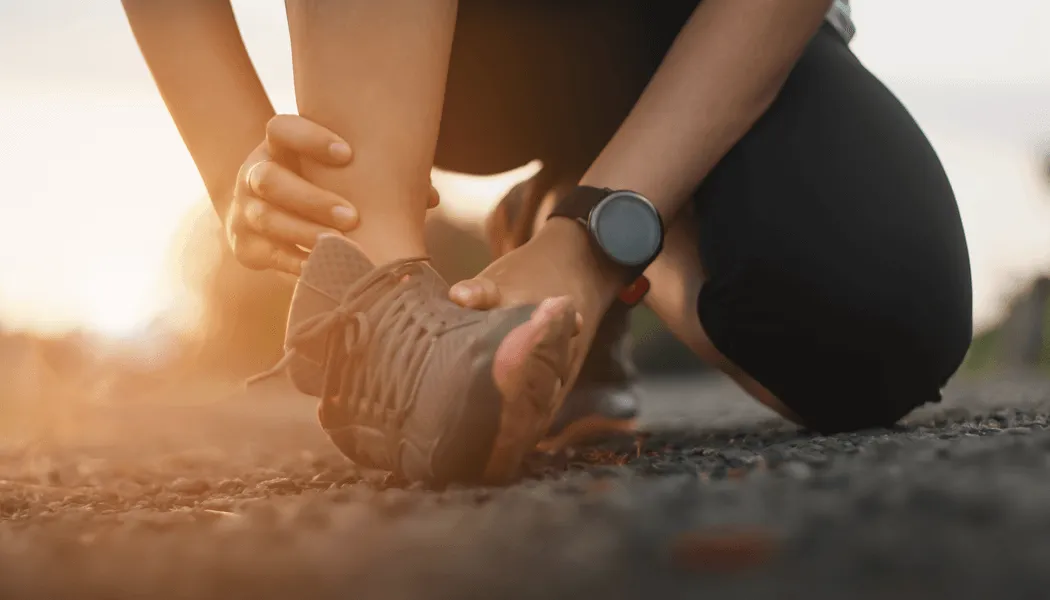



.webp)
.webp)
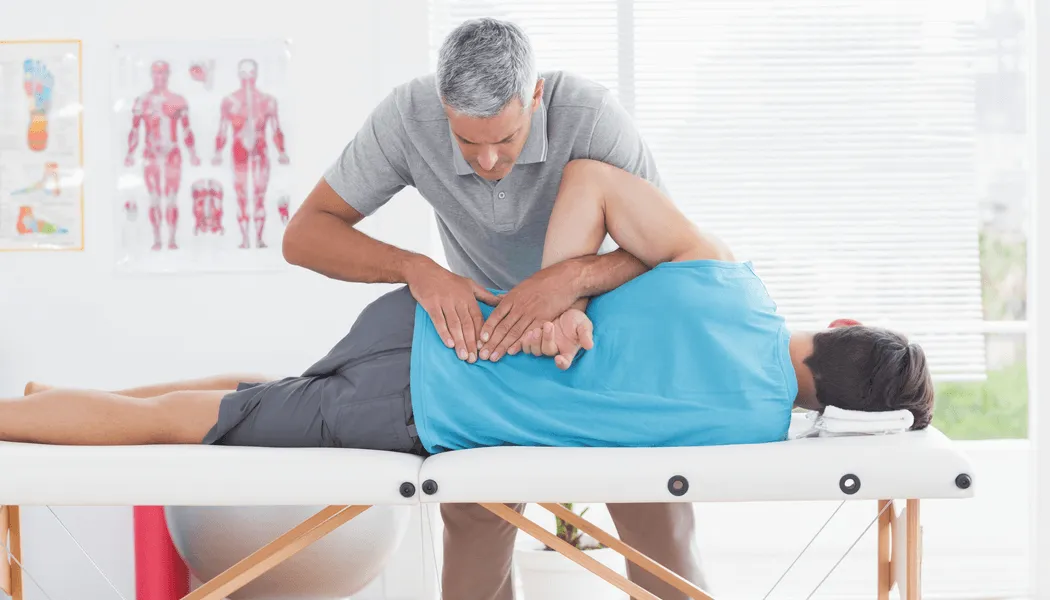

.jpeg)

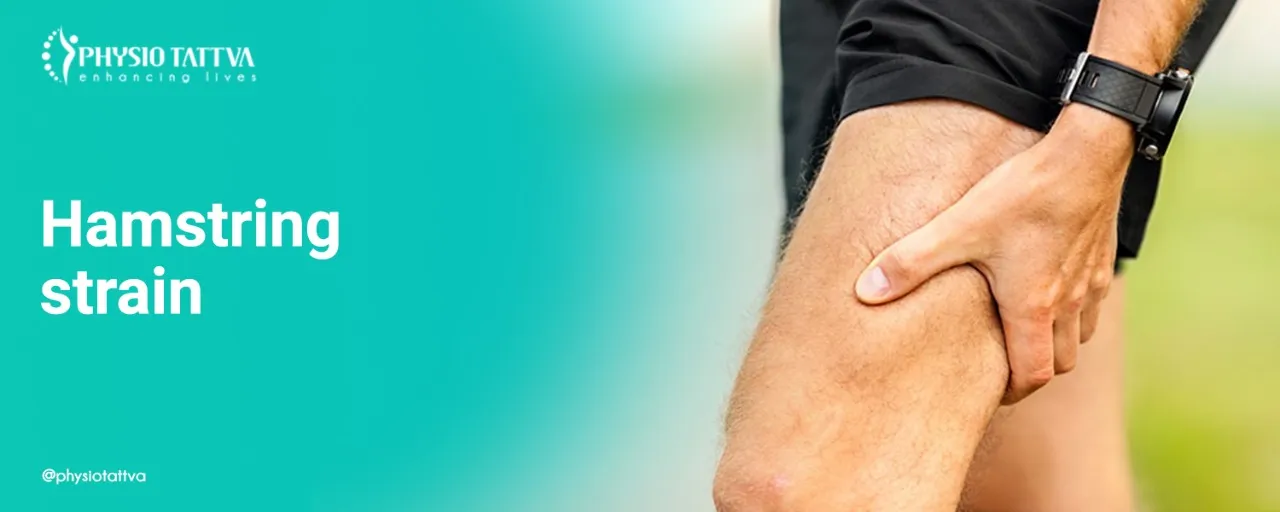

.webp)
.webp)

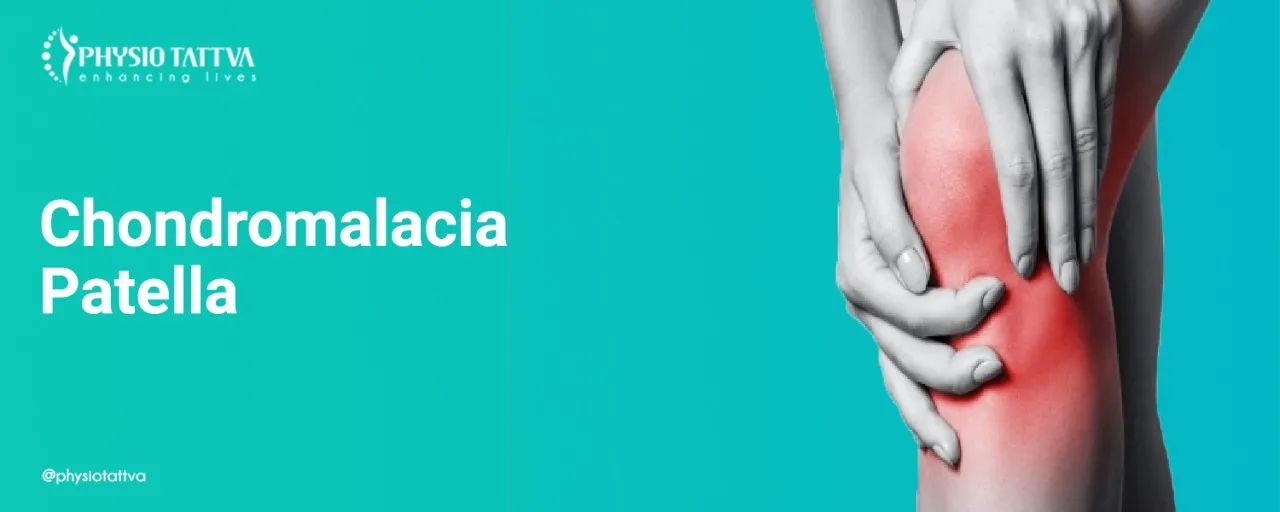


.webp)
.webp)

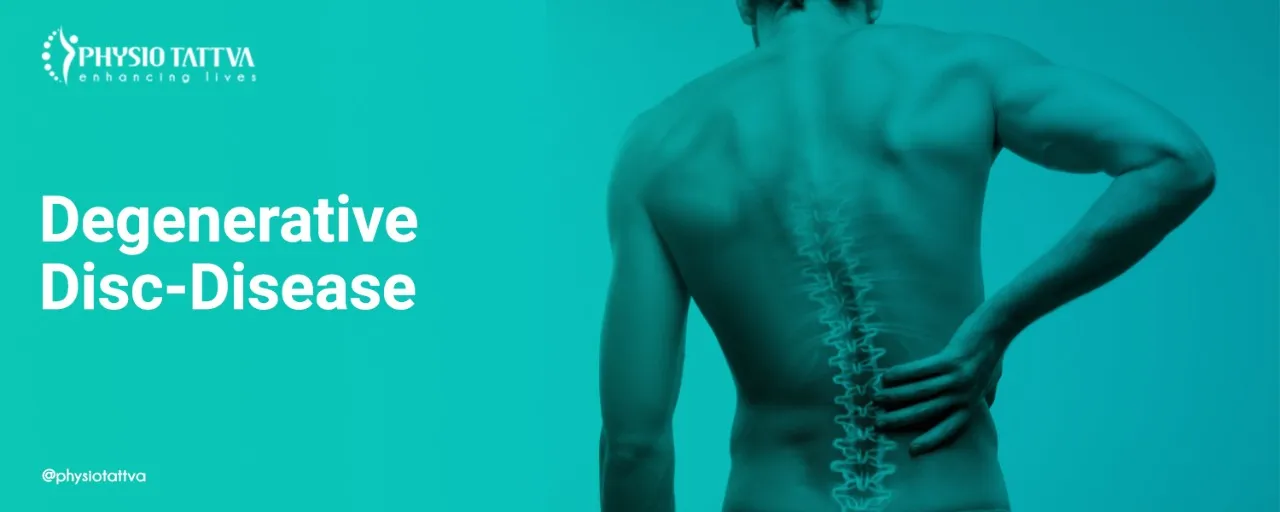










.png)




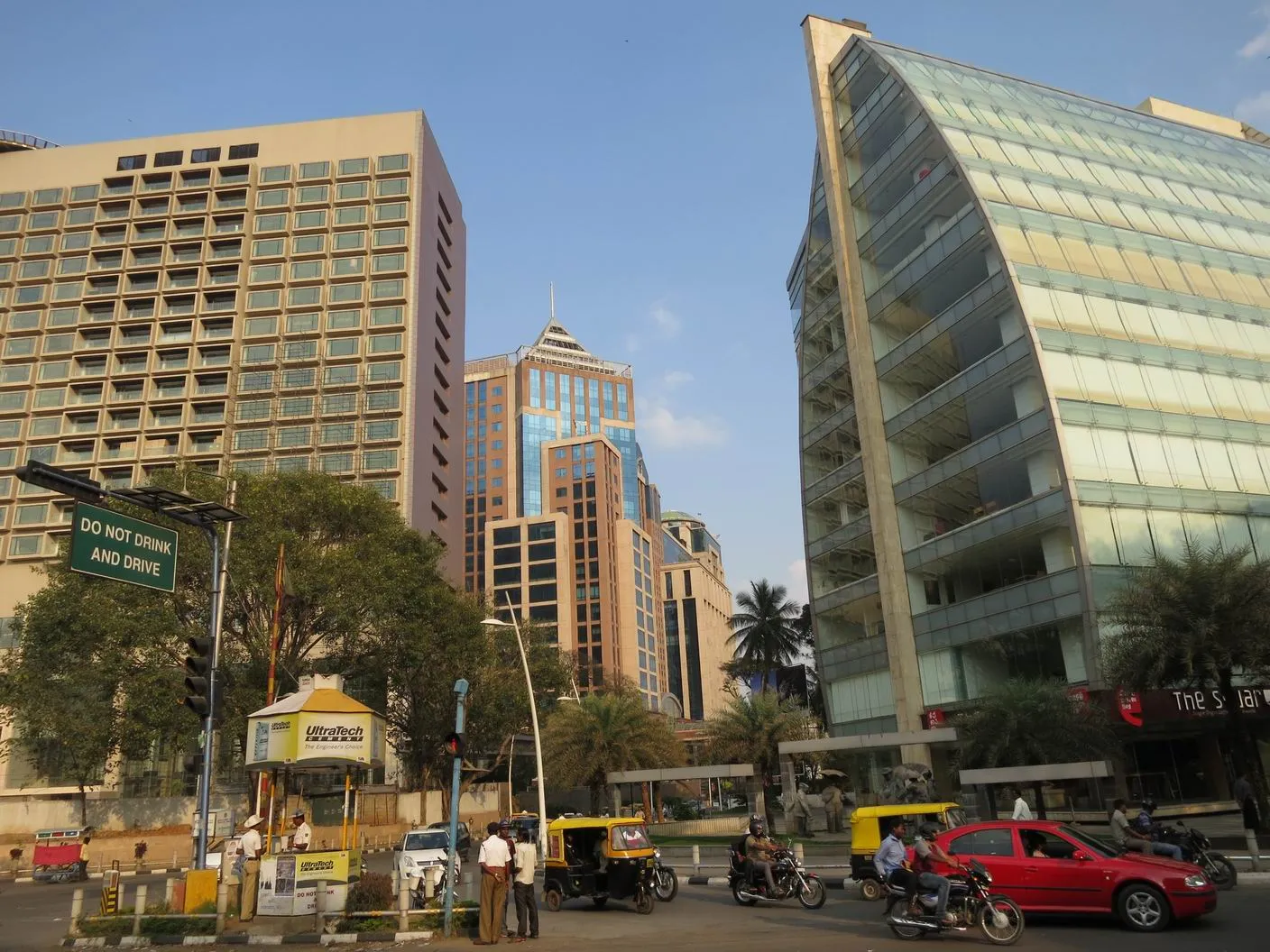
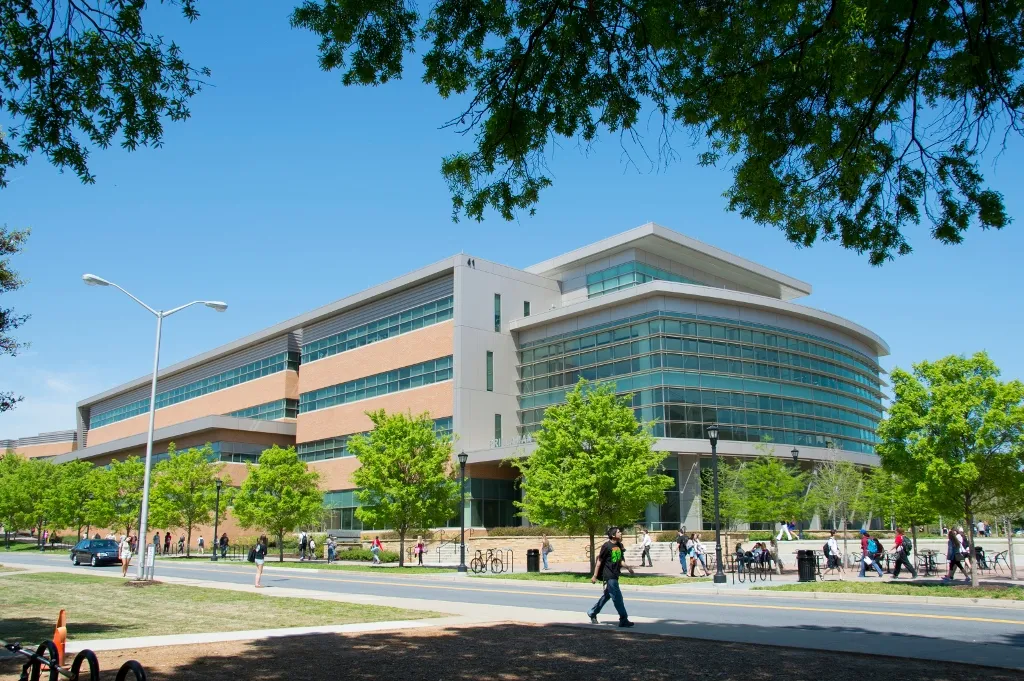



%20(1)-p-3200.jpeg)
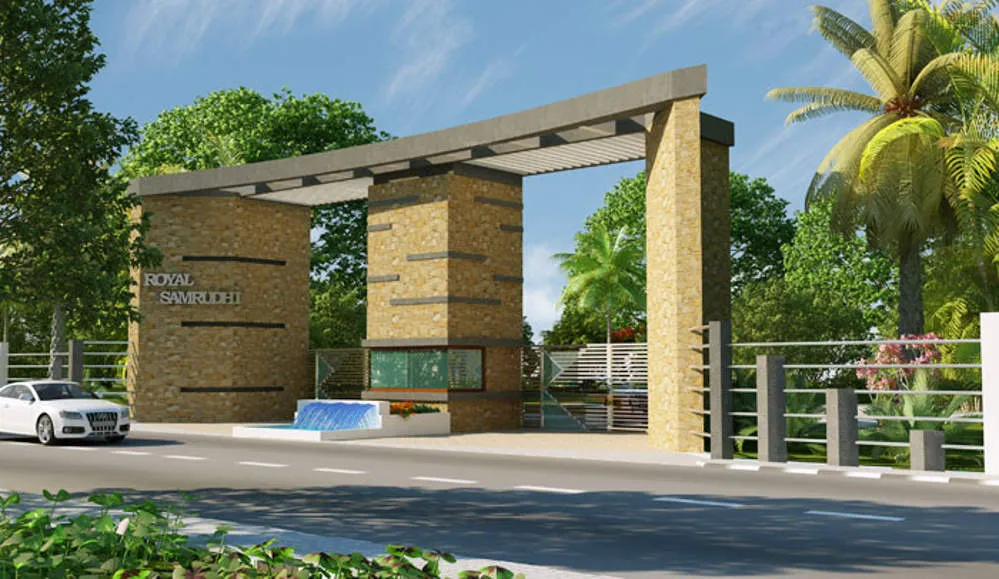
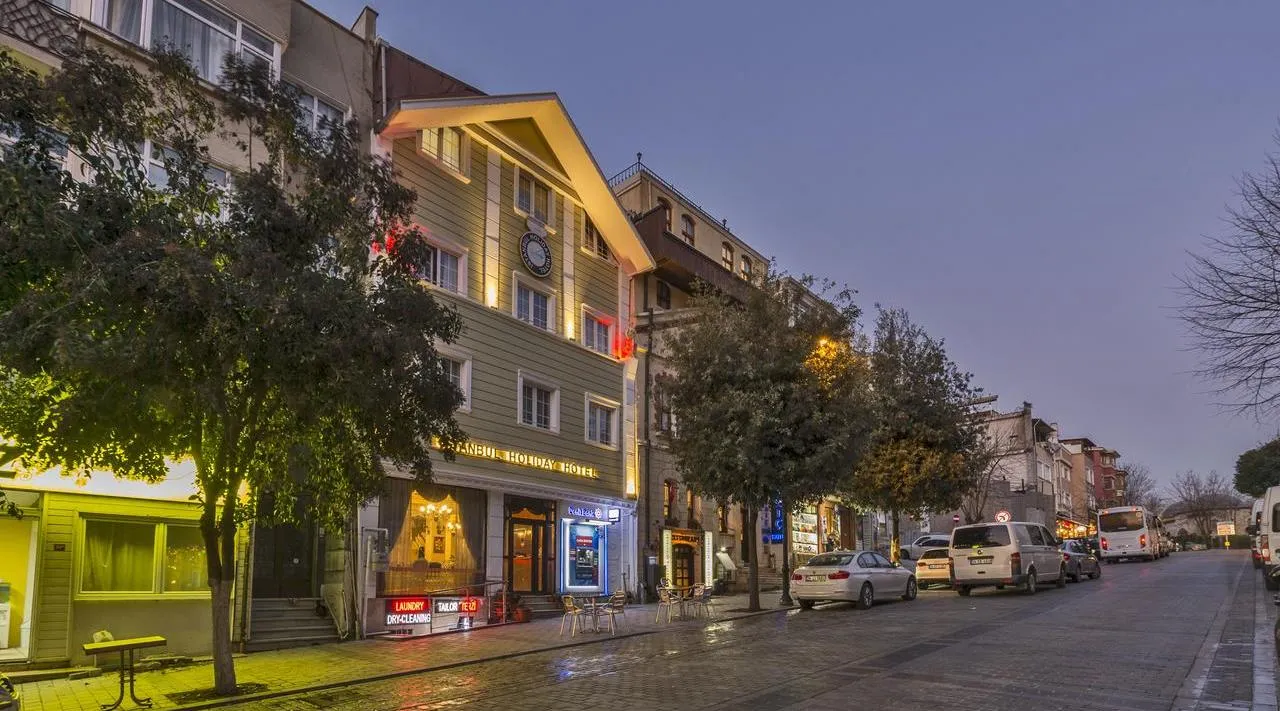
.jpg)
.webp)
.webp)
.webp)




